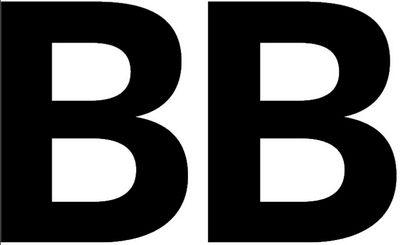One of the key challenges in highly uncertain times is that we’ll never know whether we made the right decisions.
Boeing’s 737 Max has had several crashes due to software problems, but no engineer would’ve been viewed as a hero if they put their foot down and stopped production before it started.
They would’ve looked like a paranoid whistleblower. Or at best a worrier who didn’t trust the team’s work.
It’s impossible to be a hero for stopping a disaster. The scale of the disaster can only be appreciated if that disaster actually takes place, so successful preventive action will always look like overreaction.
But on the other side, there’s almost always some reason to overreact.
No part on a plane is 100% guaranteed. There’s always a chance the wing will fail, or the windows, or the engines, or any other component on the plane.
That’s part of living in the real world. We can’t do anything without uncertainty.
So the best we can do is try to use our judgement to make rational decisions about the risks we are, and are not, willing to take.
As an aerospace engineer, that means reducing the risk of failure to as close to 0 as reasonably possible. You’ll never get to 0, but 1 in a million is a whole lot better than 1 in 10.
As an everyday human, that simply means being smart about the way we make decisions and weighing both the pros and cons of taking excessive action alongside the increased risk in some negative result.
-Brandon
